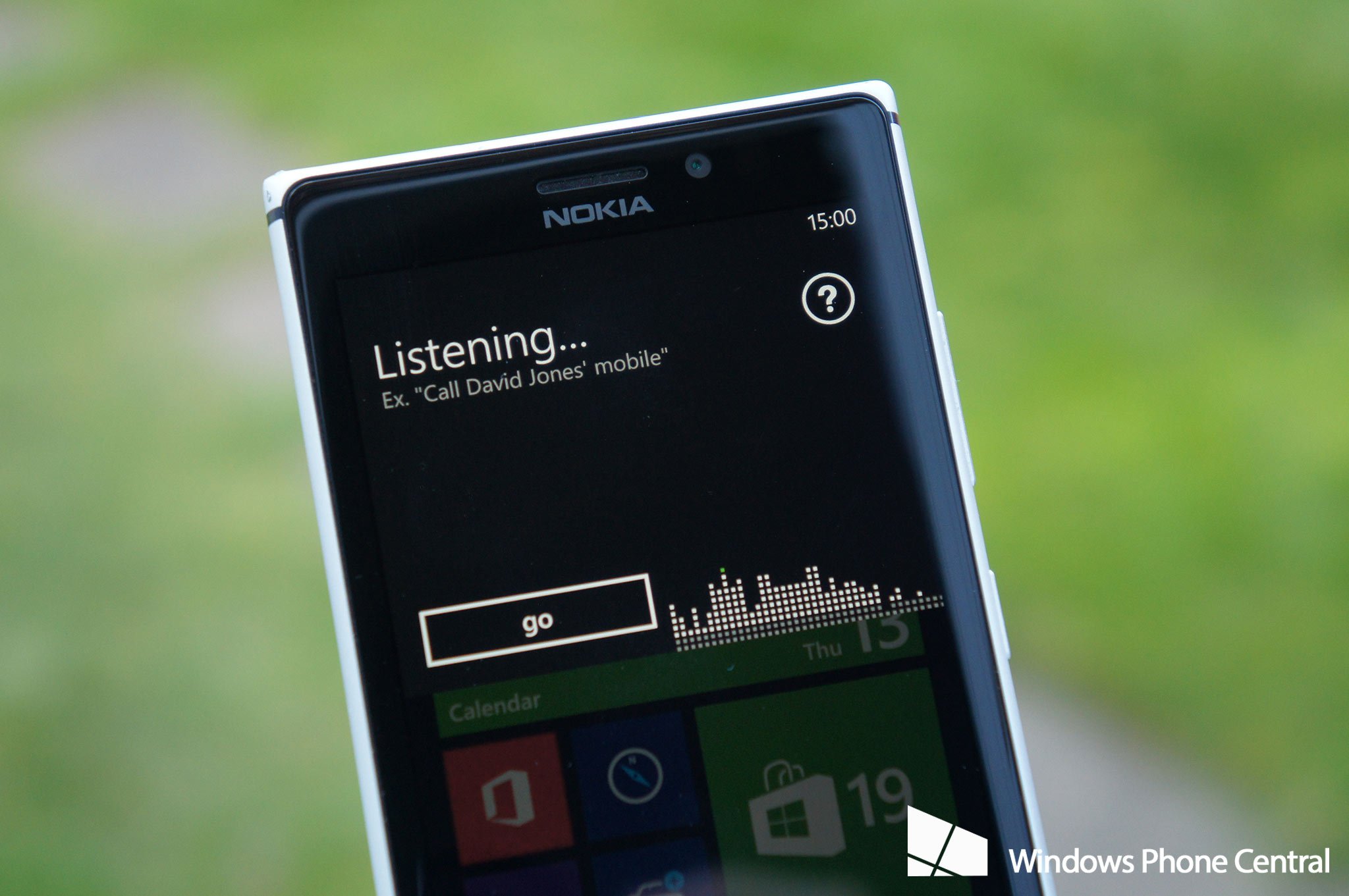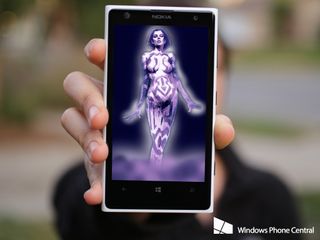Microsoft is trying to make AI more human, may influence Cortana

Just how intelligent are virtual assistants on mobile operating systems? Touted as helpful features, consumers can ask natural questions to their Windows Phone, iOS or Android device and retrieve information, but these assistants are coded by human hand, and thus have boundaries on what they can perform before retreating to a simple web search.
Microsoft is looking at more advanced artificial intelligence (AI) for deployment on not only its own platforms, but also in the real world too.
Eric Horvitz, managing director of Microsoft's research unit, recently sat down with the BBC for an interview on what the solution is to expanding the functionality of virtual assistants. He believes improvements have to be made for computers to look beyond questions posed by users.
"The ability of a system to understand more broadly what the overall context of a communication is turns out to be very important. There are some critical signals in context. These include location, time of day, day of week, user patterns of behaviour, current modality - are you driving, are you walking, are you sitting, are you in your office."
Essentially, AI needs to have common sense and sport the ability to understand the meaning behind just a few words spoken by people throughout the world. Horvitz goes into quite some detail in his interview, stating that software needs to learn how to stimulate the rhythm and beat of the way humans converse with one another. For this to happen, the AI would have to calculate a response before the person finishes speaking, rather than waiting until the person finishes.
Microsoft is reportedly using Cortana from the popular video game series Halo to create a new virtual assistant for its Windows platforms. Cortana is an interesting example of an AI, because it's able to understand and react to conversations and situations. While being entirely fictional, the end result for artificial intelligence in the real world should match the level of sophistication that of Cortana in the Halo universe.

Should you ask your smartphone for a pizza and the AI is unable to complete the request for whatever reason, you would naturally ask for the location of a nearby Italian restaurant. The software would then store this for future reference. The next time you ask for a pizza, the assistant would know that you would possibly be after a local restaurant, thus adapting, learning and providing you with said information. It's not an AI with a virtual brain, but more the ability to understand.
We'll have to see what Microsoft (as well as Apple and Google) bring to the table in the future. What we do know is you won't be seeing Hollywood AI anytime soon. Head on over to the BBC website for the full interview, including video footage.
Get the Windows Central Newsletter
All the latest news, reviews, and guides for Windows and Xbox diehards.
Source: BBC; thanks, Sam, for the heads up!

Rich Edmonds was formerly a Senior Editor of PC hardware at Windows Central, covering everything related to PC components and NAS. He's been involved in technology for more than a decade and knows a thing or two about the magic inside a PC chassis. You can follow him on Twitter at @RichEdmonds.